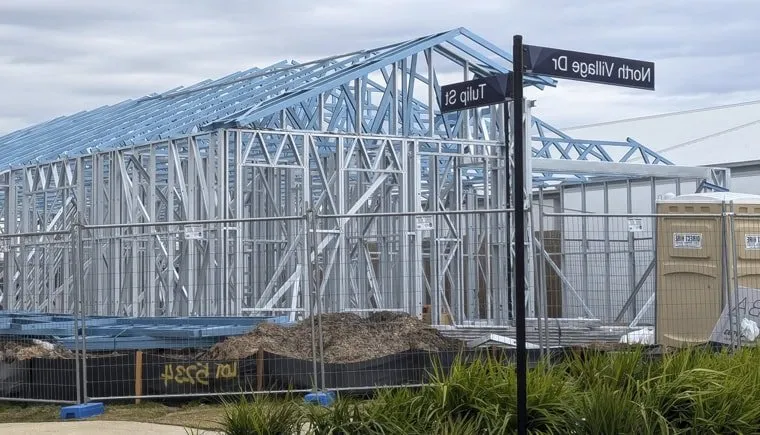Some First Nations in Manitoba are leading the way on economic development. They are seeking out ways to find value-added opportunities and collaborate with private third parties and other governments. These communities are not waiting around for opportunities to seek them out.
These First Nations focused on collaboration. This approach builds lasting and productive economic relationships within the modern economy.
Example one.
Indigenous tourism in Manitoba has flourished over the last several years as First Nations tap into their advantages in culture and the natural environment. For example, La Brasserie Nonsuch Brewing opened a majority Indigenous owned brewery in Winnipeg. Whiteshell Petroforms Authentic Indigenous Tours provides cultural tours in Manitoba’s Whiteshell Provincial Park, about two hours east of Winnipeg. Finally, Wapusk Adventures is an Indigenous owned and operated outdoor tour company in Churchill.
Indigenous Tourism Manitoba documented that between 2019 and 2023, Indigenous-owned businesses in the tourism industry increased from 81 to 170. The organization estimates Indigenous tourism added almost $91 million to the province’s GDP and created over 1,200 full time jobs.
Next example.
Flying Nickel Mining announced in late July it had signed a deal with Norway House Cree Nation. Flying Nickel sold its Minago nickel project – located in the Thompson nickel belt – to Norway House. The mining company project involves one of the the world’s largest high-grade open pit platinum nickel sulphide deposits. The project proponents would mine the deposits to produce EV batteries.
Manitoba and Ottawa are working together to expand critical mineral mining in Manitoba. Government and private parties are seeking out First Nations in Manitoba as critical mineral partners.
Now, the third initiative.
Proponents involved with the long standing NeeStaNan project are moving forward.
NeeStaNan is an Indigenous-led organization advancing the development of a major utility corridor connecting Alberta and Saskatchewan with a new deep water port in Manitoba on the shores of Hudson Bay at Port Nelson. The NeeStaNan corridor and port will create new trade routes and critical infrastructure to enhance trade in agricultural products, minerals, bulk commodities, and energy.
Alberta and Saskatchewan are more invested in the project, so Manitoba must become a more committed partner.
What do these initiatives so far have in common? They all involve Indigenous communities working collaboratively with other parties based on good relations between other levels of government and the wider public.
And then there is the opposite of collaboration.
Dakota Tipi First Nation’s recent legal claim to economic rights and benefits from lands containing the Forks takes a different (i.e., confrontational) approach to Indigenous economic development. The First Nation near Portage la Prairie is launching a lawsuit against the Manitoba government, the City of Winnipeg, as well as private parties. The community alleges they traditionally occupied the lands containing the Forks and that it is unceded territory. This means a First Nation never surrendered these lands to the government through treaty.
This approach is risky with a high chance of creating bad blood between them and the City of Winnipeg. This confrontational approach to economic development is based on divisive litigation, not collaboration. A judge may decide Dakota Tipi has some merit to its case, but it’s a long shot.
Let us hope more Indigenous communities in Manitoba opt for collaboration, not confrontation as they move forward with economic development.
Joseph Quesnel is a Senior Research Fellow with the Frontier Centre for Public Policy.


